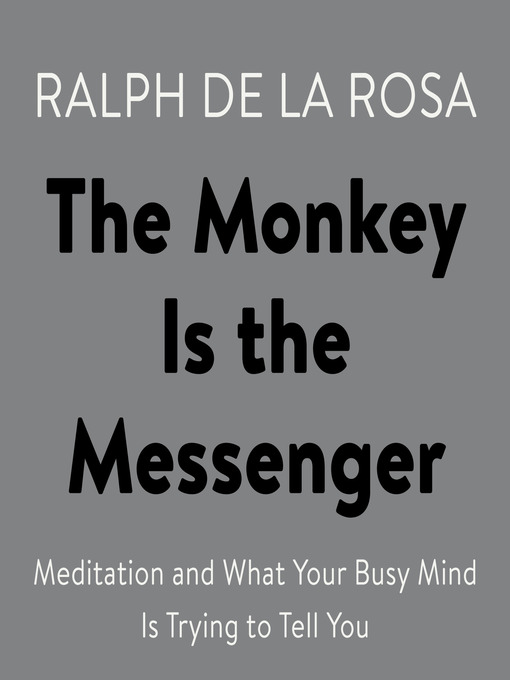- Available now
- New eBook additions
- New kids additions
- New teen additions
- Most popular
- Try something different
- NYPL WNYC Virtual Book Club
- Spotlight: Toni Morrison
- See all
- Available now
- New audiobook additions
- New kids additions
- New teen additions
- Most popular
- Try something different
- NYPL WNYC Virtual Book Club
- Spotlight: Toni Morrison
- See all


